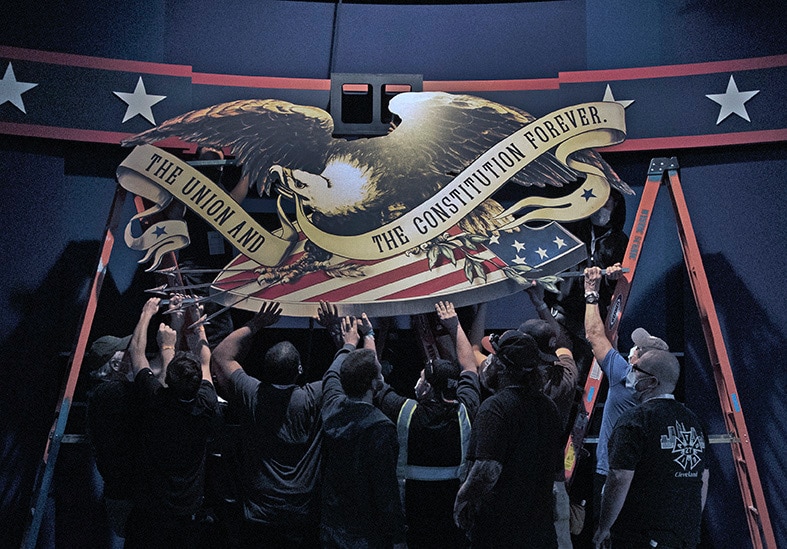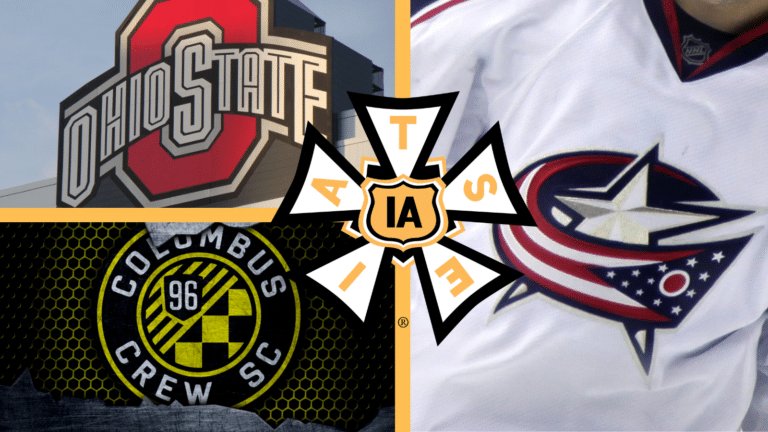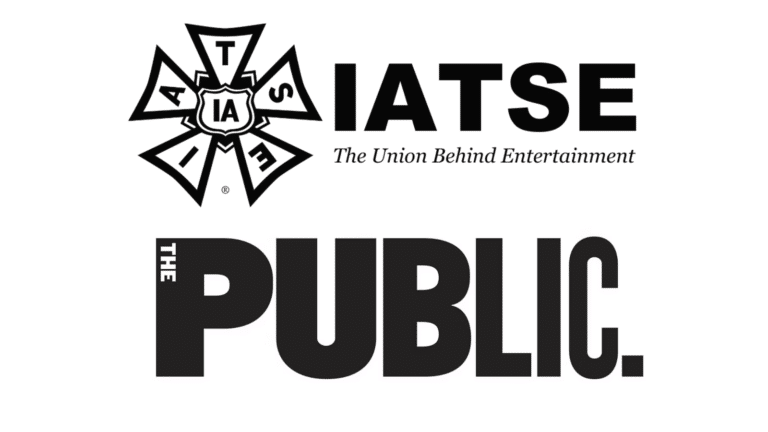While the original version of SOPA was controversial, it has been substantially changed to address reasonable concerns, yet some myths unfairly persist. The following is a list of some of those myths and the reality of the bill:
Myth: SOPA is an extreme bill that would destroy the Internet.
Reality: The new version of SOPA prohibits courts from requiring DNS redirection and forbids the interpretation or application of the law in a way that harms the Internet. The technique of DNS filtering is already in use and has not harmed the Internet. Only cases brought by the Justice Department can result in domain name filtering.
Myth: SOPA would let the Government and right holders shut down websites without any due process.
Reality: Rogue sites legislation requires compliance with Rule 65 of the Federal Rules of Civil Procedure, which includes detailed procedures for issuing all types of injunctions, including notice and opportunities to be heard in court. Any criticism of the due process protections is with existing court processes, not rogue websites legislation.
Myth: DNS blocking is censorship like countries like China.
Reality: Rogue sites legislation is a viewpoint-neutral enforcement of international IP standards through a fair judicial process. None of those things can be said about foreign political censorship.
Myth: The definition of “rogue sites” is vague.
Reality: The definitions of a rogue site under the Senate and House bills use clearly defined, high standards, which already exist in current law. These bills do not change the definition of what is counterfeit or infringing; they merely provide the tools law enforcement needs to stop foreign criminals.
Myth: If a person uploads one infringing copy, a whole website can be taken down.
Reality: A domain name can be filtered by a court only if that website is dedicated to infringing activity as demonstrated by willful actions of the owner or operator of the website. A single infringing copy uploaded by a user would not trigger domain name filtering.
Myth: Rogue website legislation could shut down YouTube, Facebook, etc.
Reality: The new version of SOPA explicitly applies only to foreign domain names, not U.S. domain names ending in (for example) .com, .net, or .org. Even foreign versions of American companies’ websites would not be covered because they do not meet the bill’s requirement that the site be “U.S.-directed.”
Myth: Rogue sites legislation is a trial lawyer’s dream.
Reality: The action authorized in this bill is very limited in that it provides only the ability to prevent ongoing theft, but gives a plaintiff NO opportunity to recover damages or any money from a rogue website at all.











